2018-10-22 09:38
OOCL Fleet Moves Forward to Meet IMO 2020 Regulation
Over the years, the industry has seen an increasing amount of attention given to the environmental impact from the global supply chain, resulting in regulations on emissions control and environmental protection becoming more stringent and widespread across the world. May it be in the form of introducing or expanding Emissions Control Areas (ECA) on the regional level, meeting slow steaming requirements during sensitive seasons to avoid whale strikes at the local level, or investing in more efficient ships with the latest environment friendly features to meet emissions reduction targets, we have all been doing our part to contribute to the protection of our environment.
OOCL has consistently outperformed many international requirements and industry standards by proactively taking on a leadership role in implementing many important initiatives to address global environmental challenges.
They include green investment on our assets, development of green IT solutions, better Greenhouse Gas management, and participation in global environmental initiatives, contributing to the success and development of our environmental sustainability profile. Moving forward, the industry will be stepping into an important chapter in its history by ensuring all ocean-going vessels in our fleets will be able to meet the International Maritime Organization’s (IMO) new Sulphur cap regulation by January 2020. With this new Sulphur cap on marine fuel lowering from 3.5% to 0.5%, approximately 85% of Sulphur emissions is expected to be reduced but at a significant cost to the entire industry, estimated at about US$60 billion each year.
Currently, the industry has been grappling with the challenges associated to fleet adjustment options, including uncertainties in the availability and accessibility of the 0.5% Low Sulphur Fuel (LSF) in the market and the premium that will be charged for the cleaner fuel. As we explore our options and what would be best for our fleet to ensure compliance by the deadline, OOCL will begin our transition into the use of LSF for our entire fleet during the second half of 2019.
By looking into the expected bunker consumption of our fleet and the projected price difference from switching to the compliant fuel which may possibly become increasingly expensive due to tight supply in the market, we expect the additional cost impact to easily fall well above half a billion dollars. Under the current industry environment and the level of cost involved to an industry that is already very cost-sensitive for survival, shippers and the consumers will need to prepare to shoulder this burden.
OOCL has consistently outperformed many international requirements and industry standards by proactively taking on a leadership role in implementing many important initiatives to address global environmental challenges.
They include green investment on our assets, development of green IT solutions, better Greenhouse Gas management, and participation in global environmental initiatives, contributing to the success and development of our environmental sustainability profile. Moving forward, the industry will be stepping into an important chapter in its history by ensuring all ocean-going vessels in our fleets will be able to meet the International Maritime Organization’s (IMO) new Sulphur cap regulation by January 2020. With this new Sulphur cap on marine fuel lowering from 3.5% to 0.5%, approximately 85% of Sulphur emissions is expected to be reduced but at a significant cost to the entire industry, estimated at about US$60 billion each year.
Currently, the industry has been grappling with the challenges associated to fleet adjustment options, including uncertainties in the availability and accessibility of the 0.5% Low Sulphur Fuel (LSF) in the market and the premium that will be charged for the cleaner fuel. As we explore our options and what would be best for our fleet to ensure compliance by the deadline, OOCL will begin our transition into the use of LSF for our entire fleet during the second half of 2019.
By looking into the expected bunker consumption of our fleet and the projected price difference from switching to the compliant fuel which may possibly become increasingly expensive due to tight supply in the market, we expect the additional cost impact to easily fall well above half a billion dollars. Under the current industry environment and the level of cost involved to an industry that is already very cost-sensitive for survival, shippers and the consumers will need to prepare to shoulder this burden.
< Korea Shipping Gazette >
많이 본 기사
- ‘부산 환적·광양 수출입’ 컨물동량 1%대 성장한국해양교통안전공단 이사장 공개 모집“한국해운 80년 역사 담았다” 해운역사기념관 개관태웅로직스, 이천 풀필먼트센터 구축…이커머스 물류 진출부산항 컨테이너 물동량 2488만TEU…최대치 경신‘컨선·LNG운반선 덕’ 선박수출액 8년만에 300억弗 돌파국제물류협회, 마이스터고 대상 ‘영마이스터 물류캠프’ 운영해수부 신임 해사안전국장에 이수호 국장 임명기고/ 선박건조계약상 하자보증시 면책조항의 해석스위스 MSC, 부산-지중해 항로 개편…운송시간 단축
- 엑소텍, 프랑스서 물류 자동화 행사 ‘엑소서밋 2026’ 개최지난해 中-유럽 정기화물열차 317만TEU 운송…전년比 8%↑인천항만공사, 인공지능 기반 혁신 우수사례 발굴 주력싱가포르항공, 싱가포르-리야드 직항 노선 신설인사/ 국립목포해양대학교인사/ 해양수산부日 나고야항, 6년만에 260만TEU 달성MSC Highlights Expanded Intermodal Solutions Across Africa부산신항만, 에너지 취약계층 지원 성금 전달Hainan FTP's First Month of Island-Wide Special Customs Operations B...
스케줄 많이 검색한 항구






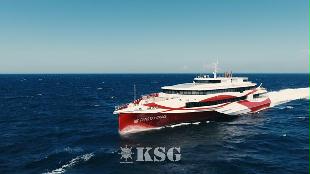
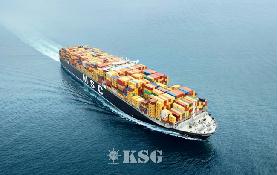
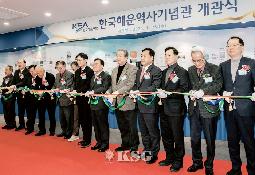
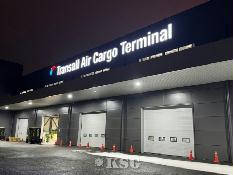
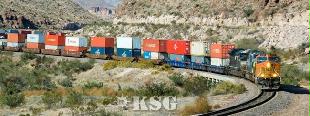


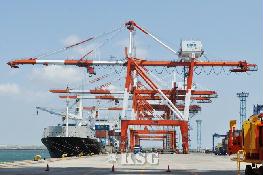

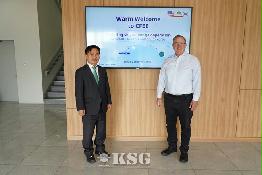
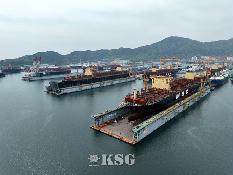
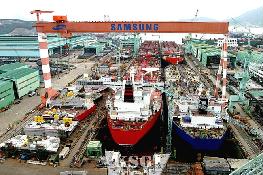
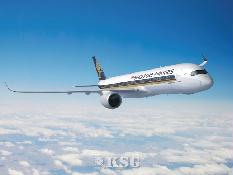
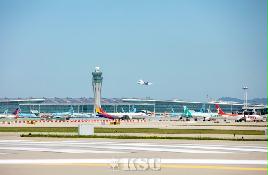
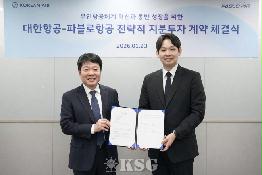
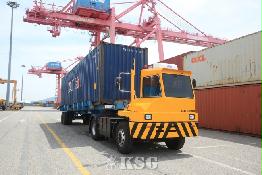


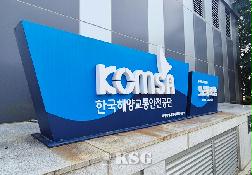

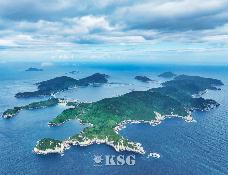

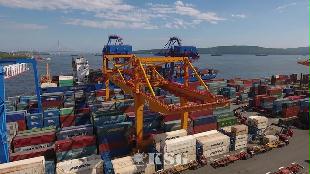
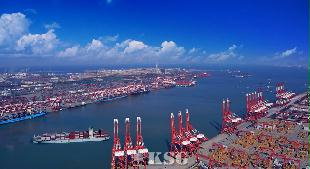
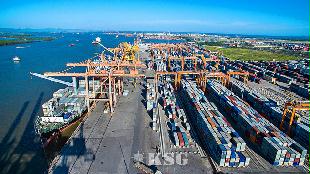
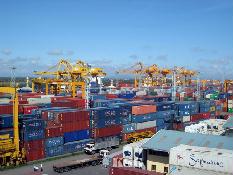





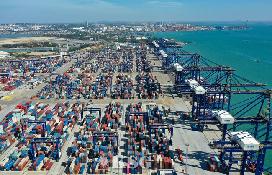
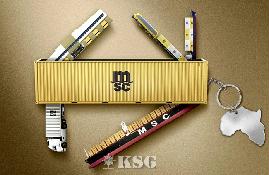
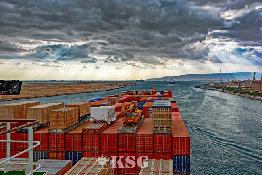
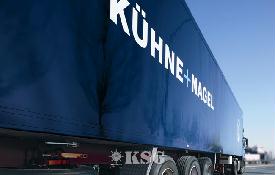
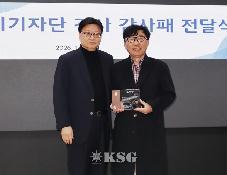
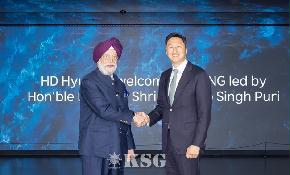




















0/250
확인